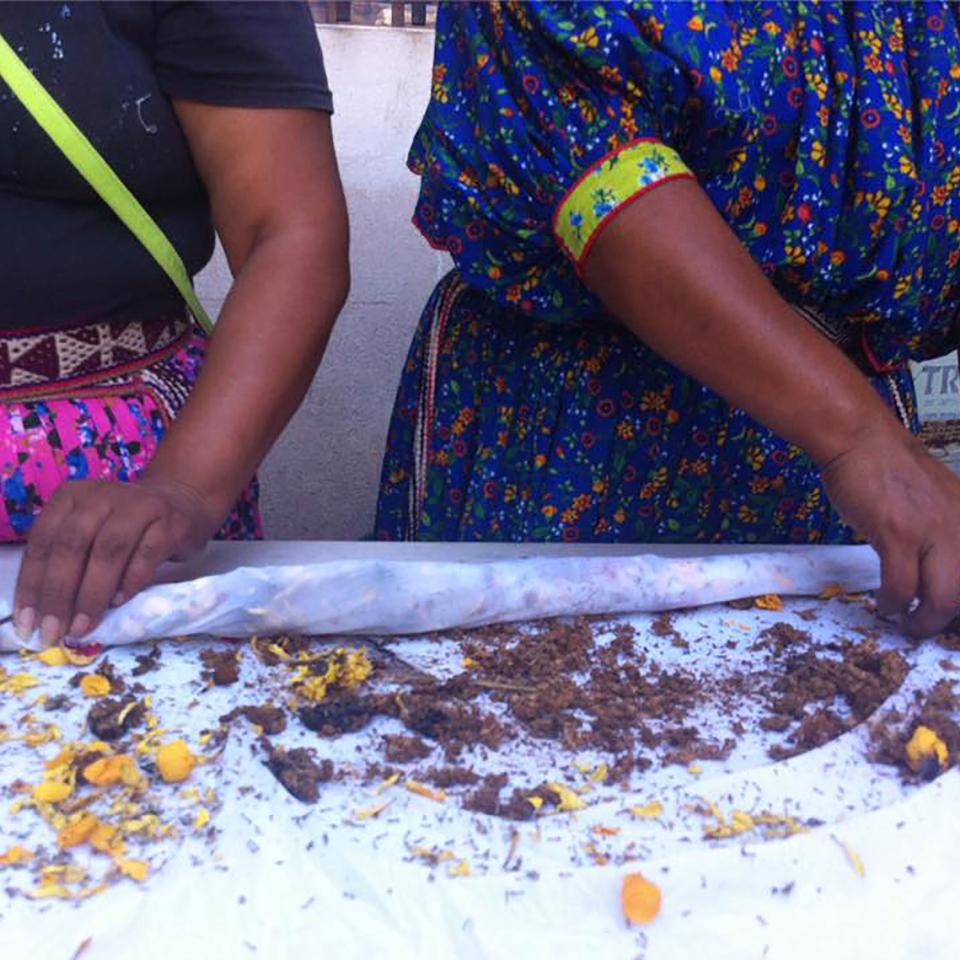These One-of-a-Kind Flower-Dyed Dresses Were Handmade by Women in Juárez, Mexico
John Patrick gallery
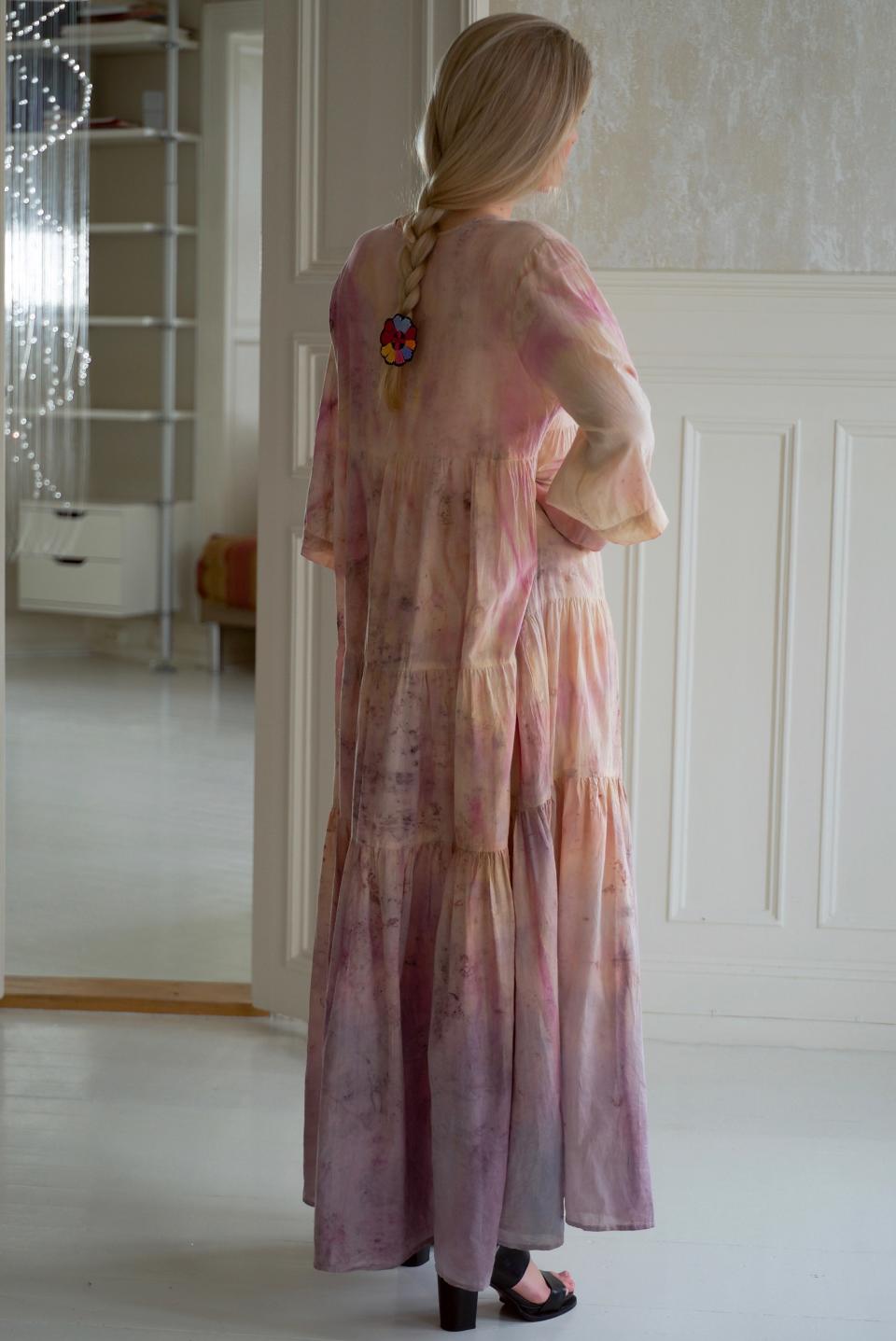
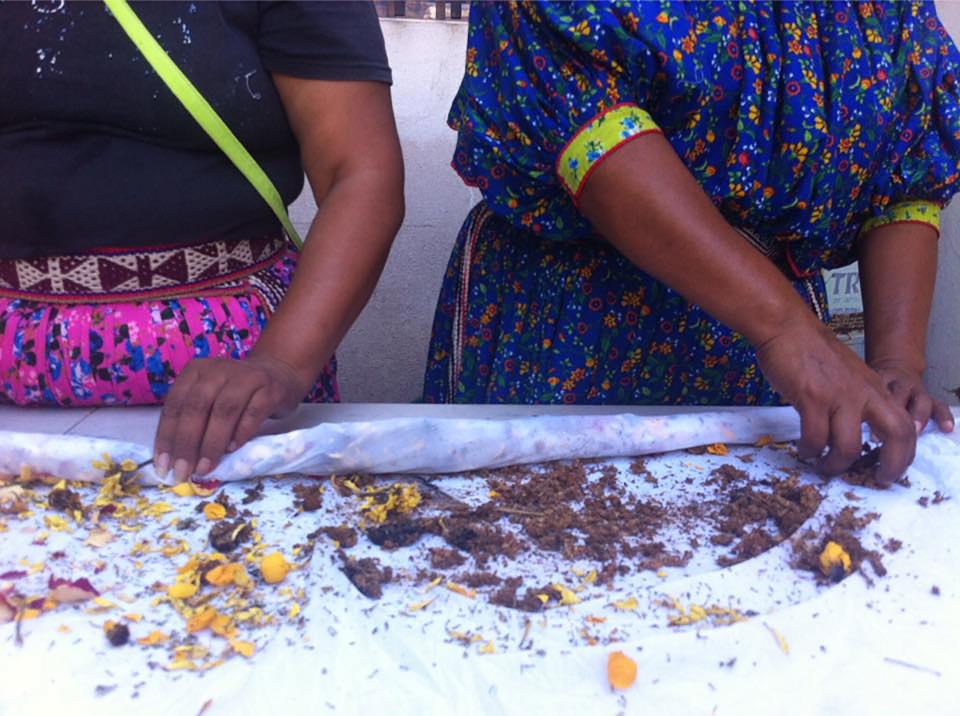
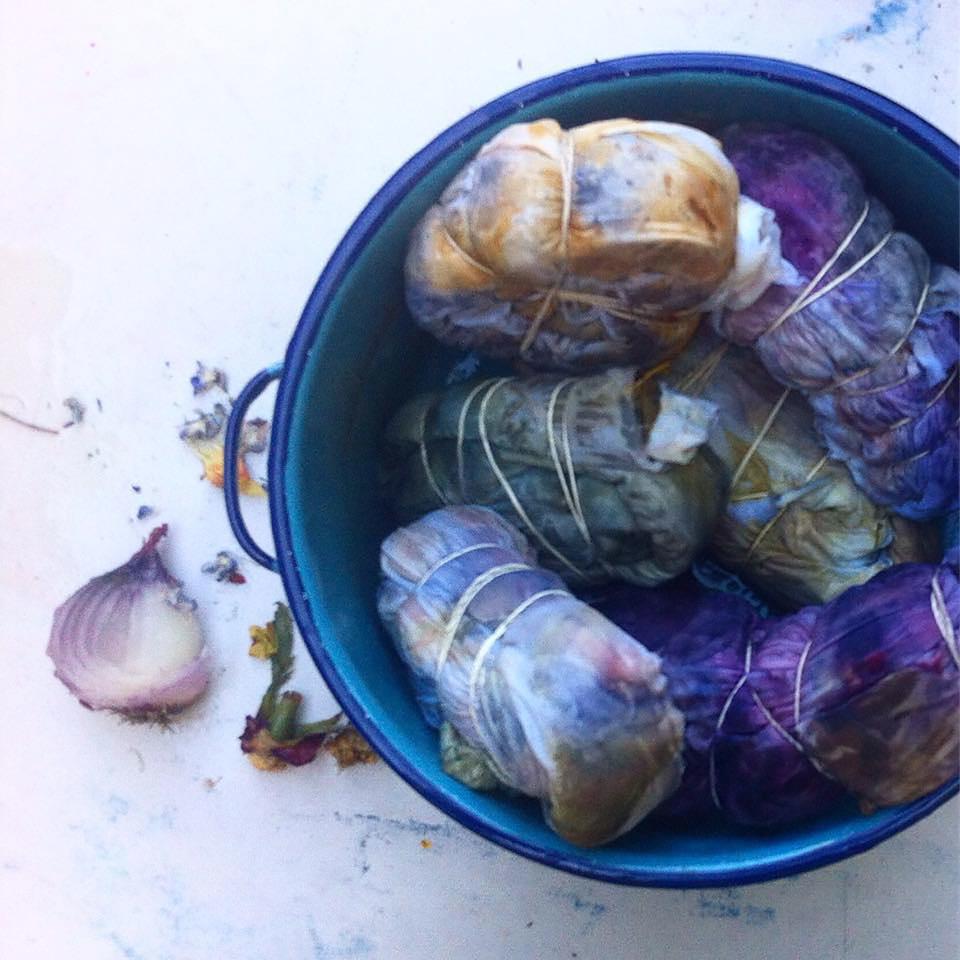
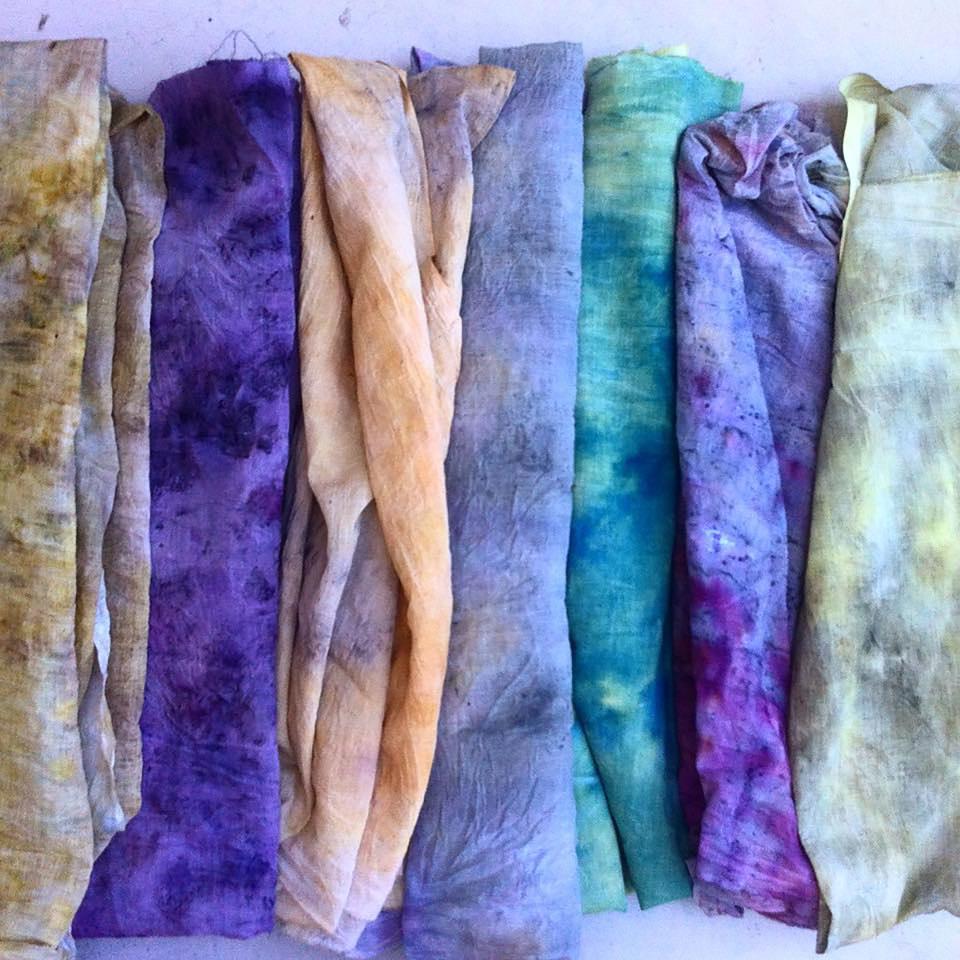
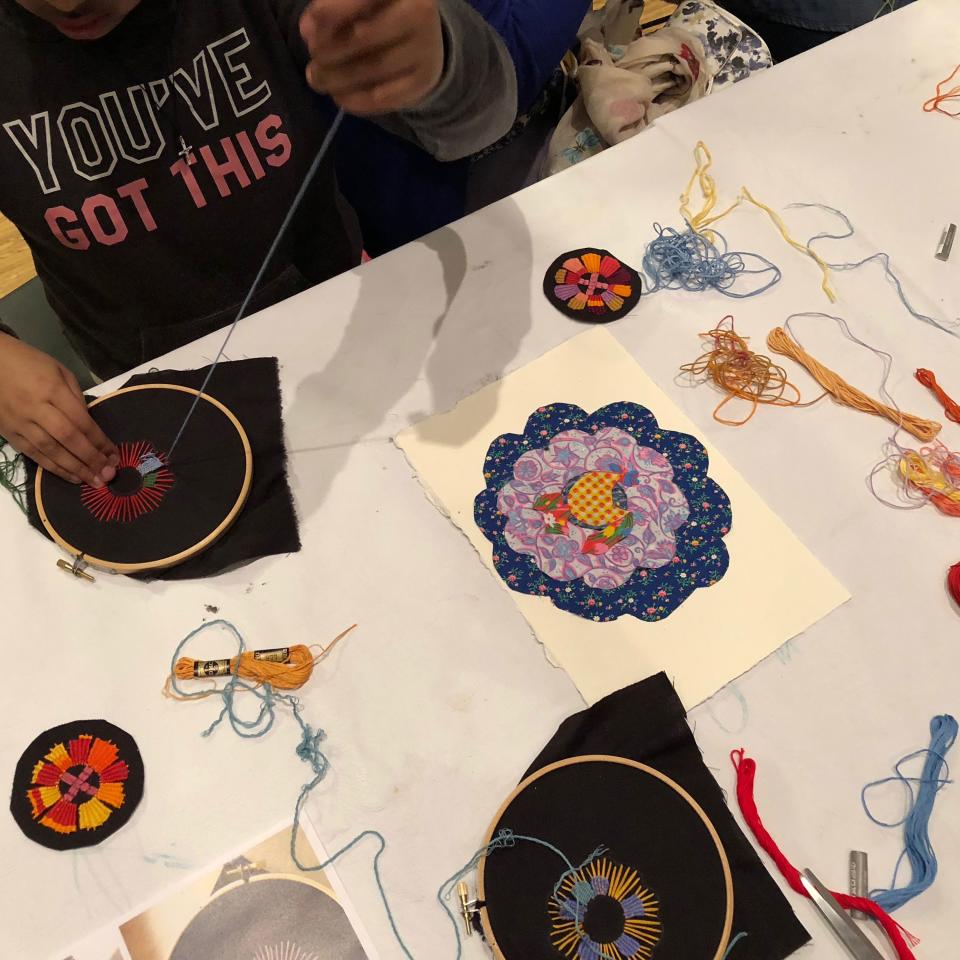
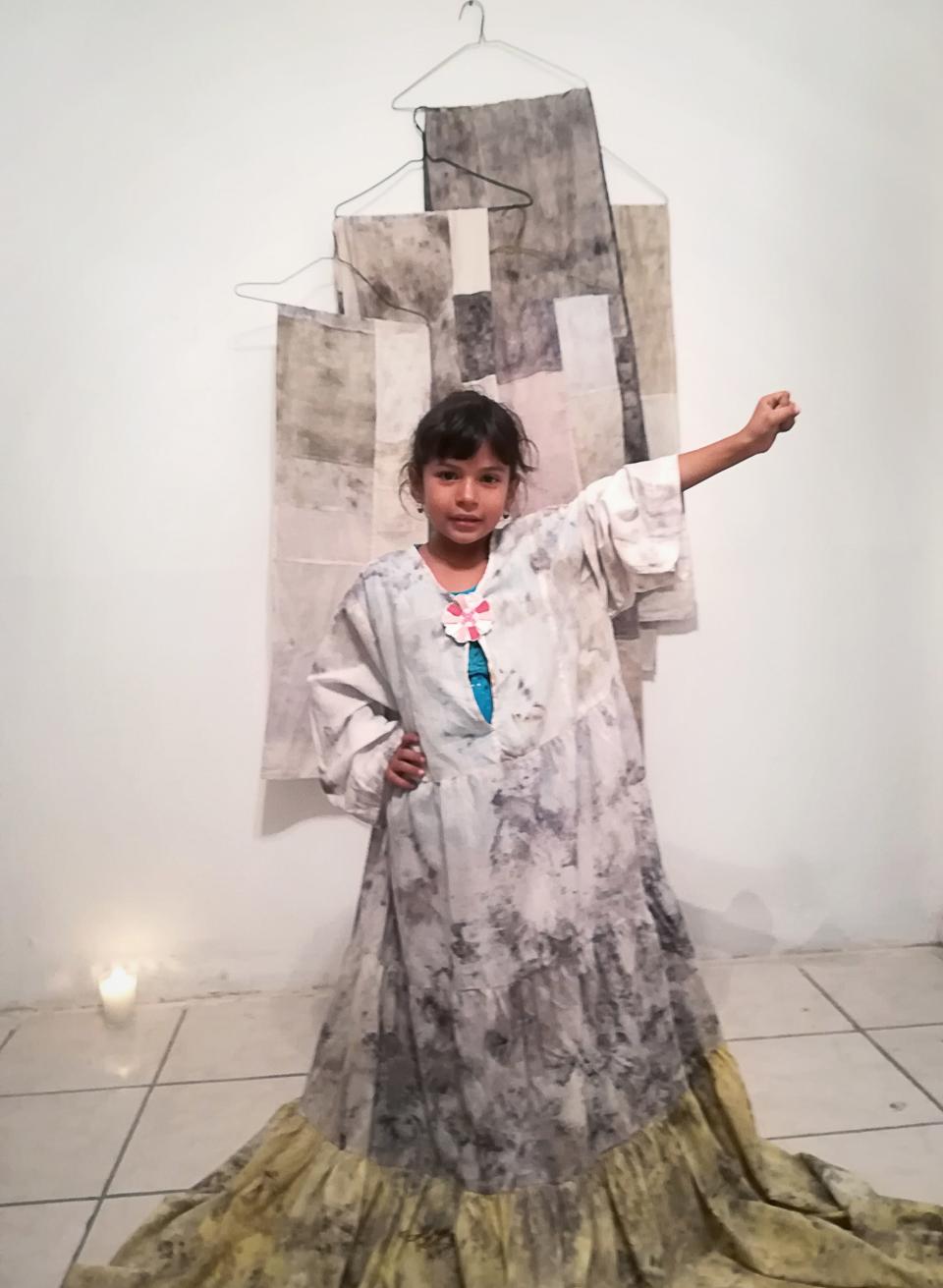
With all the buzz surrounding ethical fashion right now—both good and bad (i.e., the fact that the word ethical may have lost its meaning)—you’d forgive John Patrick for wanting to bang his head against the wall. He is one of the earliest adopters of organic, do-no-harm fashion, and started his aptly named Organic by John Patrick line back in 2004—way before sustainability became a buzzword and certainly before many of us started caring about it. But instead of getting jaded about the still-destructive state of the industry or the swarms of brands entering the space with dubious claims, he’s busy coming up with ever more clever—and impactful—ways to elevate the conversation.
For starters, his twin Communitie shops in Amagansett, New York, and Marfa, Texas, where he now spends much of his time, offer thoughtful, lovingly made clothes (much of them organic, artisan made, or upcycled) by the likes of Marine Serre, Visvim, Rick Owens, Wales Bonner, Kwaidan Editions, and Telfar. Also known as: designers who don’t sacrifice capital-F fashion for doing good. (There are crystals everywhere, too, and cozy Pendleton blankets.) On the phone from Marfa, Patrick was refreshingly candid about his lack of interest in bland, ethical-for-the-sake-of-being-ethical clothing, which is why his latest collaboration is particularly exciting: He’s working with Ni En More, a nonprofit sewing studio in Juárez, Mexico, that offers a safe environment, fair wages, education, and training to local women in a city where violence and female homicide is disturbingly common—and their work is unmistakably beautiful.
Ni en more is a mix of Spanish, Norwegian, and English words translating to “not one more,” inspired by the poetry of Susana Chávez Castillo, who protested the constant murders against women in Juárez—before becoming a victim herself in 2011. Unlike some of the low-wage factories nearby, Ni En More is building a sustainable business that empowers women to support themselves and gain confidence in the workplace, while also learning new crafts and skills. Natural dyeing with botanicals and flowers is one of those skills, and Patrick is stocking the women’s first batch of hand-dyed dresses in his Marfa shop. Each one is unique, so it’s a three-for-one buy: Not only are the dresses natural, low-harm garments that support vulnerable women in Juárez, but they function as wearable art, too. In long, breezy silhouettes, they also look like something a Marfa girl would wear with cowboy boots, or a New Yorker with sneakers.
Patrick is celebrating the collaboration tonight with a party at his store. But if you can’t get to Marfa anytime soon—or you’re on the East Coast—here’s some good news: He’s bringing the dresses to Communitie’s Amagansett shop next. Above, he shared a first look at the dresses with Vogue—plus a few snaps of how they were made.
